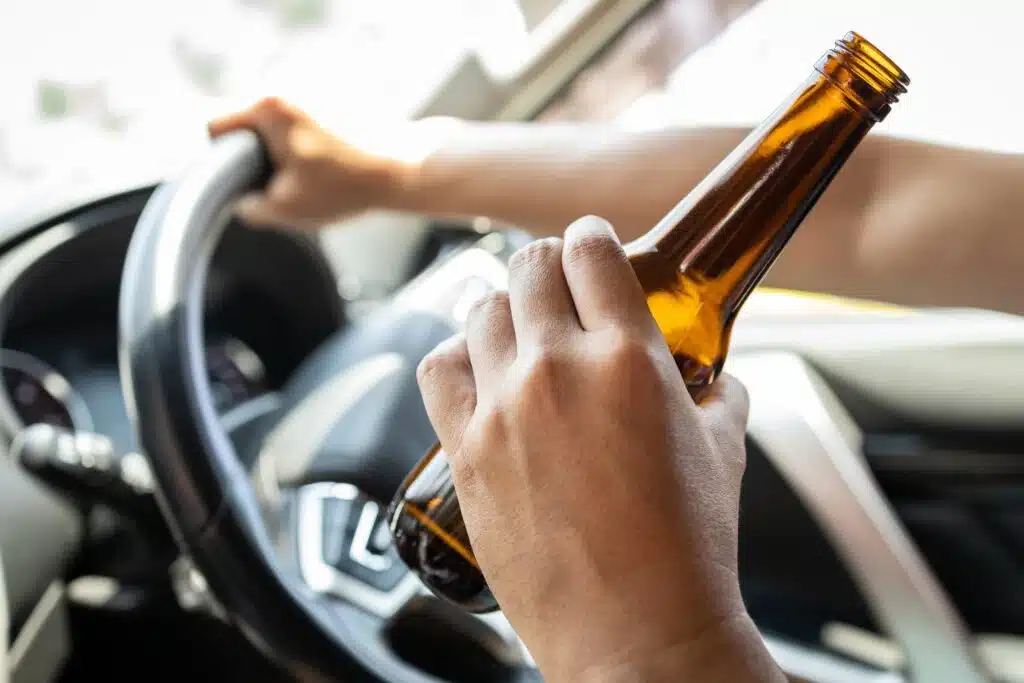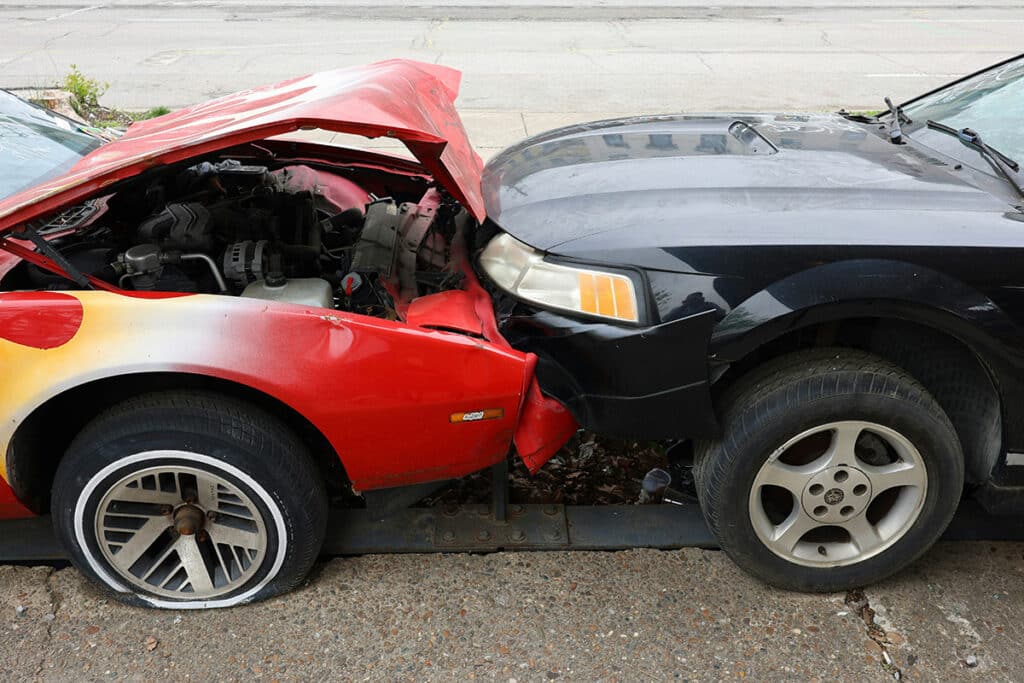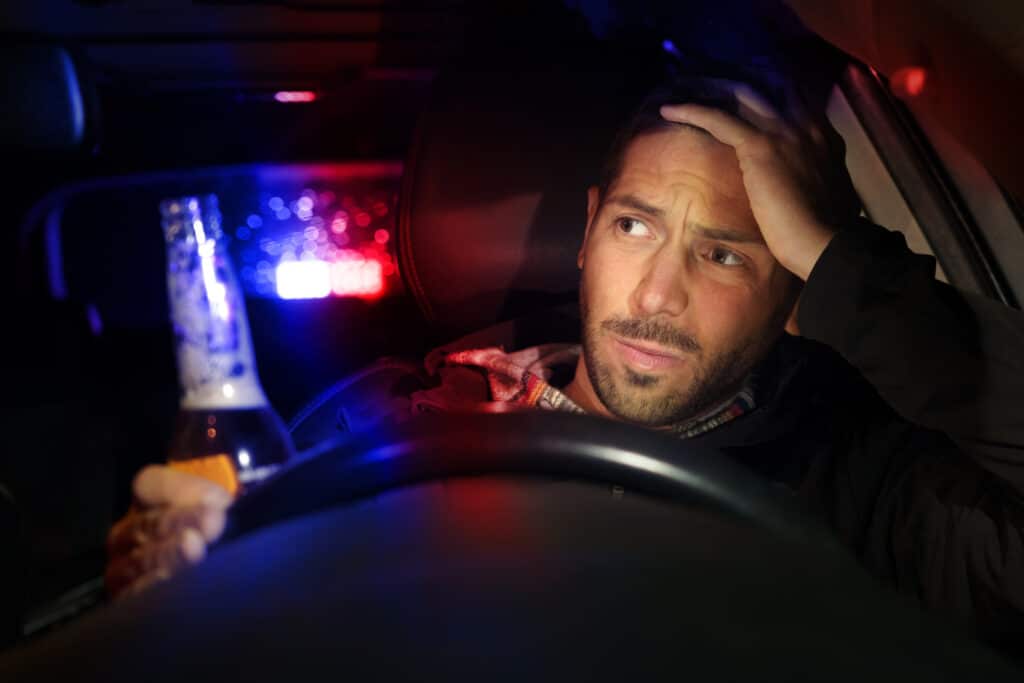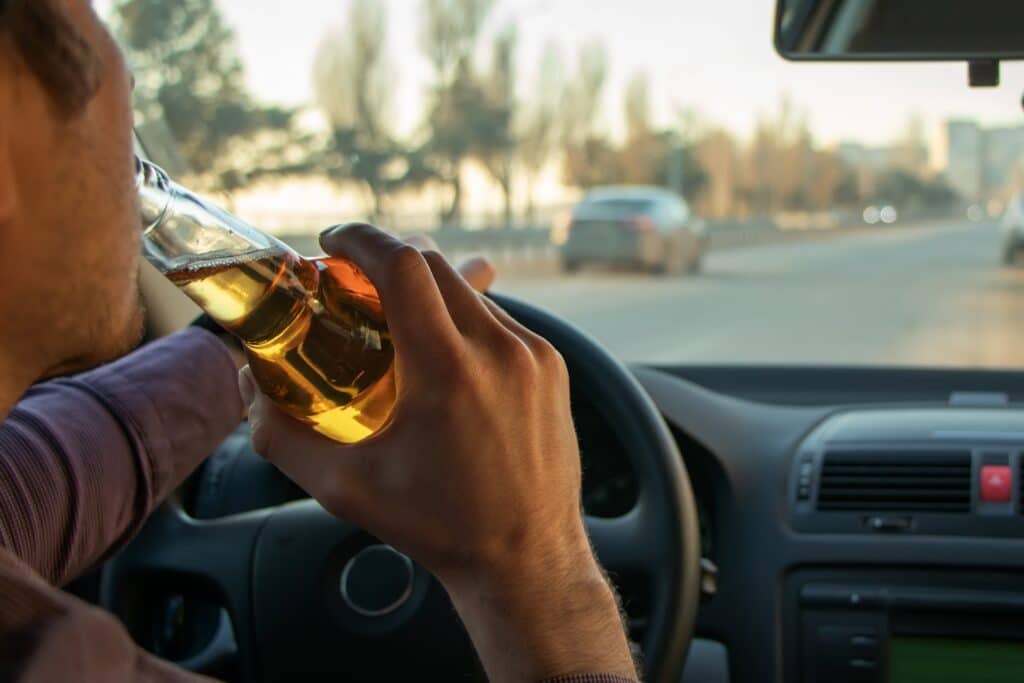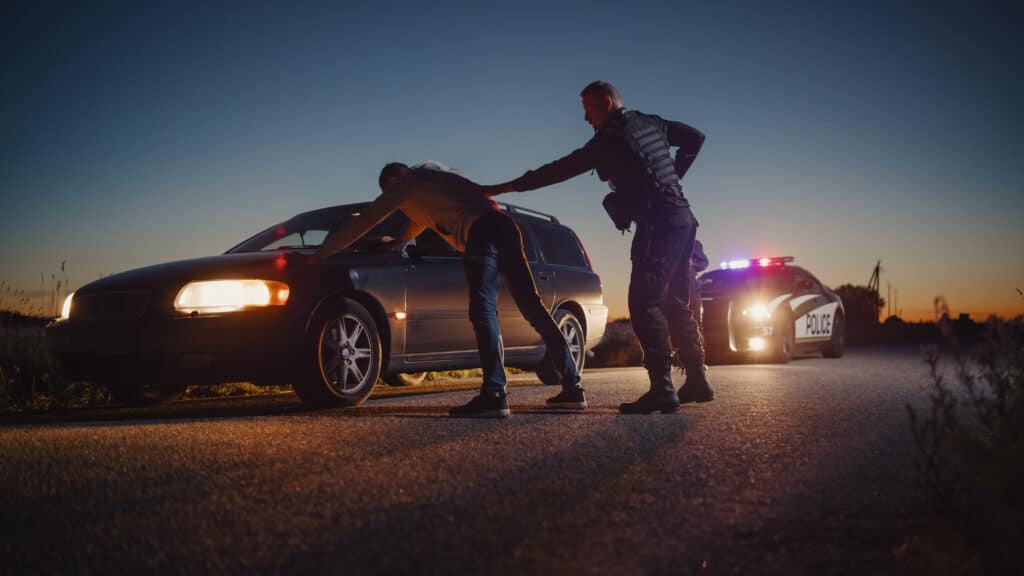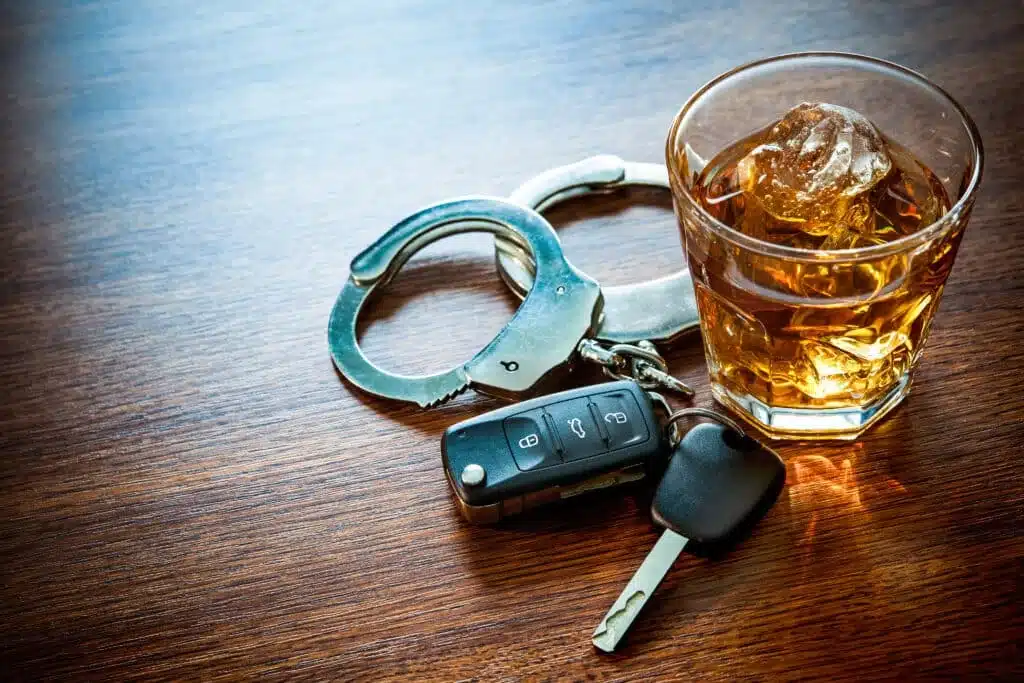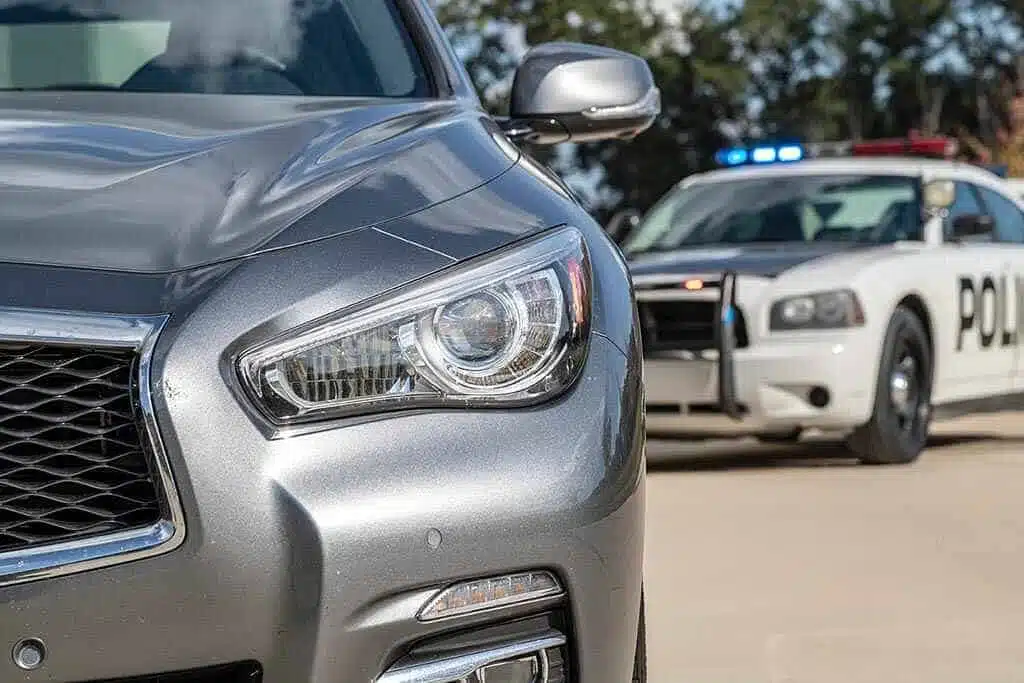1. You are required to take a chemical test under Colorado’s express consent law.
In Colorado, the express consent law requires drivers to submit to chemical testing if a law enforcement officer has probable cause to believe they are under the influence of drugs or alcohol. This means that if you are lawfully arrested for a DUI, you must submit to a blood or breath test to determine your blood alcohol content (BAC) or the presence of drugs in your system.
Typically, you will get to choose between a blood or a breath test. This is NOT the case in the following scenarios.
- Law enforcement has reason to believe that drugs are in your system (as opposed to alcohol). Because drugs cannot be detected through a breathalyzer, this situation would mandate a blood, urine or saliva test.
- The defendant is under 21 and has been arrested for underage drinking and driving (UDD). This situation requires a breath test.
- The defendant cannot comply with a given test due to a medical condition of some kind (including being unconscious or dead).
- Extraordinary circumstances prevent law enforcement from administering the test within 2 hours of your driving arrest.
2. Choosing between a blood test and a breath test requires careful consideration.
If you are arrested for a DUI and get the choice between a breath test and a blood test, you’ll want to consider the following factors.
- Blood tests are generally more accurate than breath tests.
- Blood tests require part of the sample to be saved, which can be independently tested by your legal team down the line.
- Blood tests take longer to process, which can occasionally result in procedural errors or delays.
3. Refusing a blood test (or breath test) comes with serious consequences.
Yes, you can technically refuse to take a blood test for a DUI arrest in Colorado. However, we want to warn you that doing so comes with significant consequences. Under Colorado’s express consent law, refusing a chemical test results in an automatic one-year suspension of your driver’s license for the first refusal. Additional penalties can include:
- Designation as a “persistent drunk driver” (PDD)
- Required use of an ignition interlock device in your vehicle
- Mandatory drug education and treatment courses
- SR-22 insurance (even if you are found innocent)
Finally, your refusal can be used as evidence against you in court. If you find yourself in this situation, it is crucial to seek the advice of a Denver DUI lawyer, who can help you navigate potential legal ramifications and build a strong defense.
4. Blood tests cannot be taken against your will (usually).
That being said, if you so choose, you CAN refuse a blood draw after a DUI arrest. In most circumstances, a forced blood draw violates your Fourth Amendment rights. An involuntary DUI blood test may be admissible in the following circumstances:
- The defendant is unconscious
- There is reason to believe that the defendant has committed:
- Vehicular homicide
- Vehicular assault
- Criminally negligent homicide
- Third-degree assault
Again, we highly recommend against refusing a chemical test in the case of a DUI arrest, as this involves substantial penalties and can drastically increase your chances of a guilty conviction.
If you want to know more or need guidance on a DUI-related matter, we encourage you to reach out to our team of lawyers for a FREE consultation.
5. Colorado has several regulations surrounding DUI blood test procedures that law enforcement must abide by.
The procedure for DUI blood testing in Colorado involves several steps to ensure accuracy and reliability. Some of the most pertinent rules are listed below.
- The blood test must be administered within 2 hours of the traffic stop.
- The blood must be drawn at and tested by a state-certified facility.
- The blood must be collected in the presence of the arresting officer or a supervisor.
- The blood must be sent out for testing within 7 days of collection.
- A portion of the blood must be saved for 12 months to ensure retesting is possible.
Proper chain of custody and sample handling procedures must be followed to ensure the integrity of the test results. Any deviation from these procedures can be challenged by your DUI defense lawyer.
DUI Colorado Law: Common Defense Strategies for DUI Charges
If you are facing DUI charges in Colorado, here are some common defense strategies that a skilled DUI defense lawyer may use in your case.
- Challenging the Traffic Stop: If the officer did not have probable cause to pull you over, any evidence obtained during the stop may be inadmissible in court.
- Questioning the Accuracy of the Blood Test: Blood tests can be challenged on various grounds, such as improper sample collection, contamination, or errors in lab analysis.
- Medical Conditions: Certain medical conditions can affect BAC readings, leading to false positives. An experienced attorney can present evidence of such conditions in your defense.
- Violation of Rights: If your rights were violated during the arrest or testing process, your lawyer could argue that the evidence should be excluded.
- Procedural Errors: Any mistakes made by law enforcement or medical personnel in handling your case can be used to challenge the validity of the evidence.
Many people wonder how they might fare going to court for a DUI without a lawyer. We want to reiterate that we highly recommend against this approach. Navigating DUI charges in Colorado can be complex and daunting, especially when blood tests are involved. Understanding your rights and the procedures for DUI blood testing is crucial for mounting a successful defense.
The attorneys at MBS Law have decades of experience representing individuals in a wide range of criminal cases, including DUIs. They are trial-tested and can help you craft the best possible defense for your unique situation. If you find yourself facing DUI charges, don’t hesitate to reach out to MBS Law for expert legal assistance.

